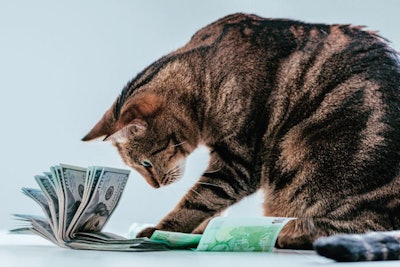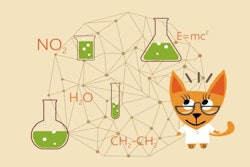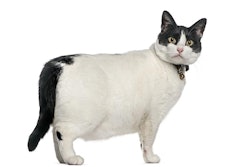
Supply chain issues may be hindering pet food company profitability. In the U.S., J.M. Smucker pet food segment profits declined 20% in the second quarter of fiscal year 2022. Company executives pointed to higher commodity, manufacturing and transportation costs as the prime reasons for this decline, which was offset somewhat by higher net pricing. Overall, Smucker’s net pet food retail sales decreased by 1% compared to the same quarter in fiscal year 2021. However, net sales increased by 7% if the effects of divestures are excluded. U.S. retail pet food net sales stood at US$701.6 million in Q2 FY22 for Smucker. Segment profit was US$99.6 million with a profit margin of 14.2%.
“This was driven by increased net pricing across the portfolio and favorable volume/mix for dog snacks, private label offerings, and cat food, partially offset by declines for dog food,” Mark Smucker, president and chief executive officer said in a prepared statement. “Higher commodity, manufacturing, and transportation costs, partially offset by initial higher net pricing actions, led Pet Foods segment profit to decline 20 percent.”
Supply chain disruptions are affecting Smucker’s wet pet food business, he said.
Details of J.M. Smucker pet food segment Q2 FY22
Smucker U.S. pet food net sales decreased US$7.1 million. However, excluding US$50.8 million of non-comparable net sales in the prior year related to the divested Natural Balance business, net sales increased US$43.7 million. Higher net price realization across the portfolio increased net sales by 4 percentage points. Volume/mix increased net sales by 2 percentage points, primarily driven by the Milk-Bone, Meow Mix, and 9Lives brands, as well as private label pet food, partially offset by decreases for the Pup-Peroni and Kibbles 'n Bits brands. Segment profit decreased US$25.3 million, primarily reflecting higher commodity, manufacturing, and transportation costs, partially offset by the higher net pricing.

















